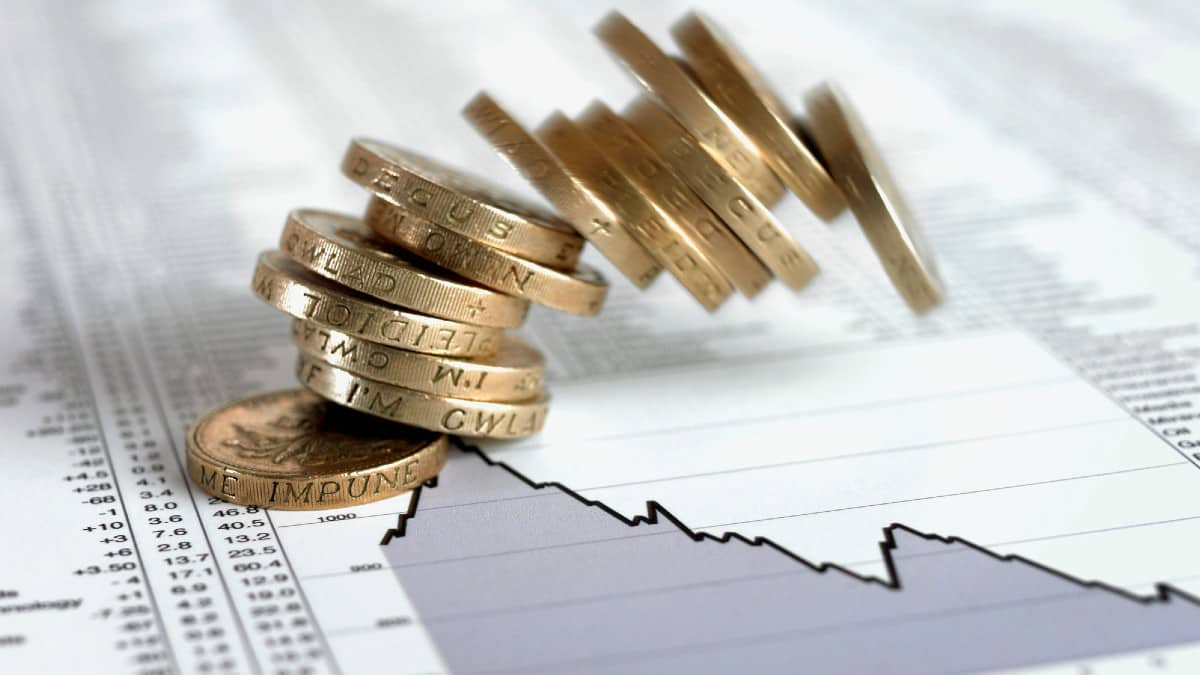The BT (LSE: BT.A) share price is falling today after the company reported its results for its first financial quarter of 2021.
The results show group revenue declined 3% to £5.07bn in the three months to 30 June. Reported profit before tax also fell 4%, although the company notes this was due to a higher-than-usual figure in the prior period. The disposal of BT’s domestic Spanish operations artificially boosted net profit last year.
A better metric to evaluate the company’s progress is earnings before interest, tax, depreciation, and amortisation (EBITDA). Group adjusted EBITDA rose 3%. According to BT’s update, “all units have delivered EBITDA growth,” except for its Global division.
I think these figures are broadly positive. However, the BT share price has fallen in early deals. It seems as if investors are worried about the group’s capital spending (Capex).
Capex increased 63% in the period to £1.5bn. This had the knock-on effect of increasing net debt by £409m to £18.6bn.
Making progress
Overall, I think today’s update shows consumers are moving back to BT as the group focuses on improving its customer service and product lineup. The company is also investing heavily in its fibre broadband network as part of plans to reach 25m homes by the end of 2026.
In addition, BT has been launching new products to help personal and business customers. One example is the launch of its Home Essentials package. The company calls this “an industry-leading social tariff” which provides broadband and phone access for £15 a month, available to Universal Credit and other means-tested benefits claimants.
These initiatives appear to be taking the company in the right direction. However, they cost money. It seems as if this is what’s hanging over the BT share price.
Building its fibre broadband network will cost the firm billions of pounds over the next few years, suggesting the company will have to deal with rising capital spending and increasing debt costs in the near term. That isn’t the sort of thing investors might want to hear. After all, the group has already slashed its dividend to fund capital investment.
Moreover, if interest rates rise substantially, the company’s cost of debt will also increase. This may only make it harder for the group to invest for the future as it will have to fork out more to pay interest costs.
Are BT shares a buy?
Considering all of the above, I think the outlook for BT shares is bright. Spending on improving customer service is never a bad thing. While this may mean investor returns stay on the back burner for the next year or so, I think that’s a good trade-off to make to stabilise the company’s position in the market.
As such, I’d look past the company’s near-term challenges and buy the stock for my portfolio today.








